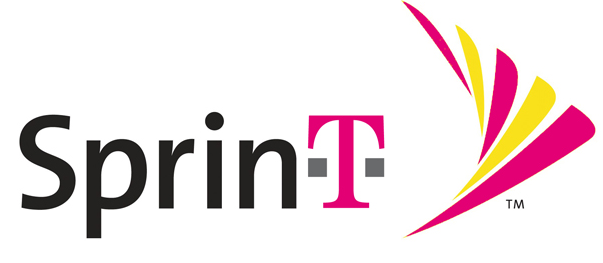Sprint Reportedly Offers $32 Billion To Buy T-Mobile
 Three years after T-Mobile was left at the altar by AT&T, the wireless company looks to have another suitor – Sprint Corp. According to a report by Reuters, company insiders say Sprint has agreed to pay $40 per share, or $32 billion, for T-Mobile.
Three years after T-Mobile was left at the altar by AT&T, the wireless company looks to have another suitor – Sprint Corp. According to a report by Reuters, company insiders say Sprint has agreed to pay $40 per share, or $32 billion, for T-Mobile.
If the deal, which still must gain the approval of U.S. regulators, goes through it would combine the third- and fourth-largest U.S. mobile network operators and create a formidable opponent for Verizon Wireless and AT&T.
Gaining the approval of the Federal Communications Commission and Department of Justice may be difficult for the two companies. Analysts tell Reuters that the agencies have expressed a desire to have at least two network operators competing against Verizon and AT&T.
The companies need to iron out a number of issues before the deal can move forward, including agreeing on an executive to run the combined company and settling on a termination fee if the proposed deal goes south.
According to Bloomberg, T-Mobile CEO John Legere is the leading candidate for the top spot, while Sprint CEO Dan Hesse has expressed that not being at the head of the table wouldn’t bother him.
Officials close to the deal tell Bloomberg that Japanese telecom giant SoftBank Corp., which owns 80% of Sprint, is seeking a $1 billion termination fee, while Deutsche Telekom, which owns 67% of T-Mobile is seeking closer to $3 billion.
Securing a high termination fee would be one way T-Mobile could protect itself if the deal takes the same unsuccessful path as the 2011 proposed AT&T merger.
In that failed deal, AT&T agreed to buy T-Mobile for $39 billion. However, AT&T withdrew from the deal after the Senate Subcommittee on Antitrust called for regulators to block the merger, because it “because the deal would “likely cause substantial harm to competition and consumers.” And the FCC and DOJ did just that, saying they would both fight the merger.
This past January, the DOJ’s antitrust chief said the decision to block the merger in 2011 has only helped wireless customers, “competition in the wireless sector has flourished and consumers have benefitted.”
So, would the new proposed deal between Sprint and T-Mobile only serve to reverse the progress the DOJ touted? It’s a likely possibility.
Back in February, Consumerist broke down just why a merger between the two wireless companies might be logical but still bad for consumers.
T-Mobile and Sprint networks are not compatible, meaning that customers with single-band phones would not enjoy the benefits of a combined network, and that the company would need to spend even more to make this change.
So for any merger between the two companies would need to offer deep discounts and make large capital improvements in its network to be successful.
However, just last month Sprint chairman Masayoshi Son gave a speech that implied regulators should be happy to bless such a merger between the two companies, because it would mean valid competition for internet-controlling Comcast should that company acquire Time Warner Cable.
If Sprint does buy T-Mobile, the company would have more reach and resources with which to improve its network. However, that still wouldn’t be enough leverage to make mobile data a meaningful replacement solution for most consumers, since mobile broadband is known to be inconsistent and too slow for a reliable replacement.
Bloomberg reports that a deal could be announced in June or July.
Sprint, T-Mobile Said Near Price, Termination Fee Accord [Bloomberg]
Sprint agrees to pay about $32 billion to buy T-Mobile: source [Reuters]
Want more consumer news? Visit our parent organization, Consumer Reports, for the latest on scams, recalls, and other consumer issues.

